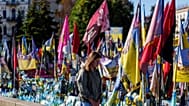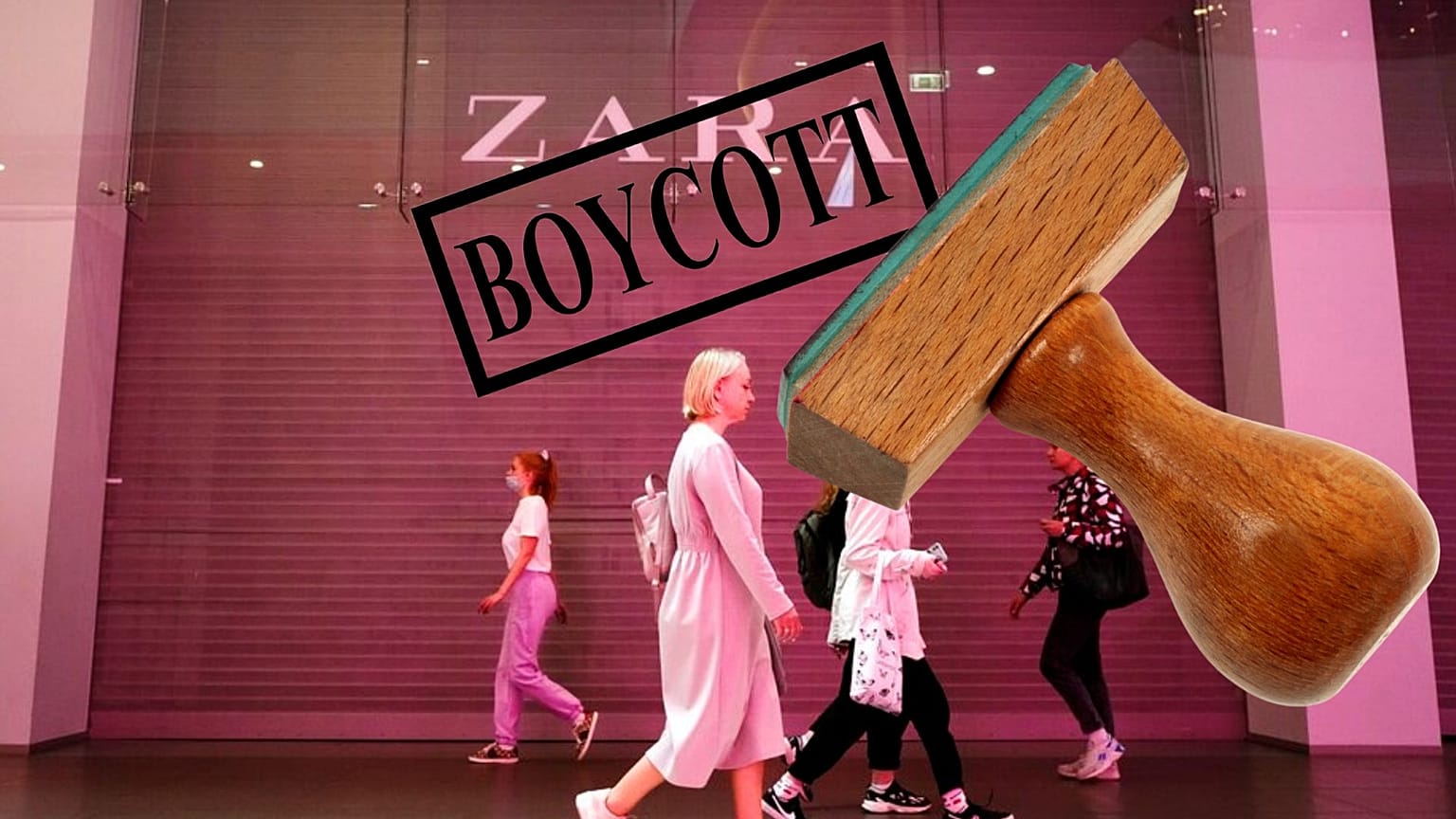Major brands like the Spanish Zara and the German Puma face a widening Palestinian boycott campaign.
 ADVERTISEMENT
ADVERTISEMENT
Zara apologised and pulled an advertising campaign featuring mannequins with missing limbs and statues wrapped in white from its website and app after it prompted calls by some pro-Palestine activists for a boycott of the fashion retailer, reported Reuters.
Inditex, which owns Zara, said the change was part of its normal procedure of refreshing content.
Then they released an apology on their Instagram account, as it has been flooded with tens of thousands of angry comments posted about the photos, many with Palestinian flags, while "#BoycottZara" was trending on messaging platform X.
In one of the photos, a model is pictured carrying a mannequin wrapped in white, in another, a bust lies on the floor and another features a mannequin with no arms. Critics said they resembled photos of corpses in white shrouds in Gaza.
Zara did not comment on the boycott calls, but said the "Atelier" collection was conceived in July and the photos were taken in September. The war between Israel and Hamas began after 7 October. Instagram comments said in response: "It doesn’t matter when it was conceptualised, it takes one person to know that it does not need to go live".
Zara said at the launch of the collection on 7 December that it was inspired by men's tailoring from past centuries. The photos appear to show an artist studio with ladders, packing materials, wooden crates and cranes, and assistants wearing overalls.
Boycott calls grow stronger since the Israel-Hamas conflict
The reaction highlights the heightened sensitivity international brands are navigating as fighting across Gaza intensifies and calls for company boycotts rise.
The CEO of Web Summit resigned in October after comments he made on the Israel-Hamas conflict.
Boycott campaigns over the Gaza war hit Western brands, such as McDonald's and Starbucks in some Arab countries, mainly in Egypt and Jordan, and but in Kuwait and Morocco too.
Some of companies the campaign is directed at are perceived to have taken pro-Israeli stances, and some are alleged to have financial ties to Israel or investments there.
Zara last year came under fire from some Palestinians and Israelis after the head of the retailer's local franchise in Israel hosted a campaign event for an ultranationalist politician.
German Puma is the latest among the brands affected. The sportswear company has announced on Tuesday, that it will end its sponsorship of Israel's national football team next year, however, the company claims that it is a decision made in 2022, way before Hamas' 7 October attack, reported the Financial Times.
"While two newly signed national teams - including a new statement team - will be announced later this year and in 2024, the contracts of some federations such as Serbia and Israel will expire in 2024," said a spokesperson to Reuters.
However, earlier the Palestinian-led Boycott, Divestment and Sanctions (BDS) movement had called for a boycott of the sportswear firm before the 7 October attack over its sponsorship of the Israeli team.

















